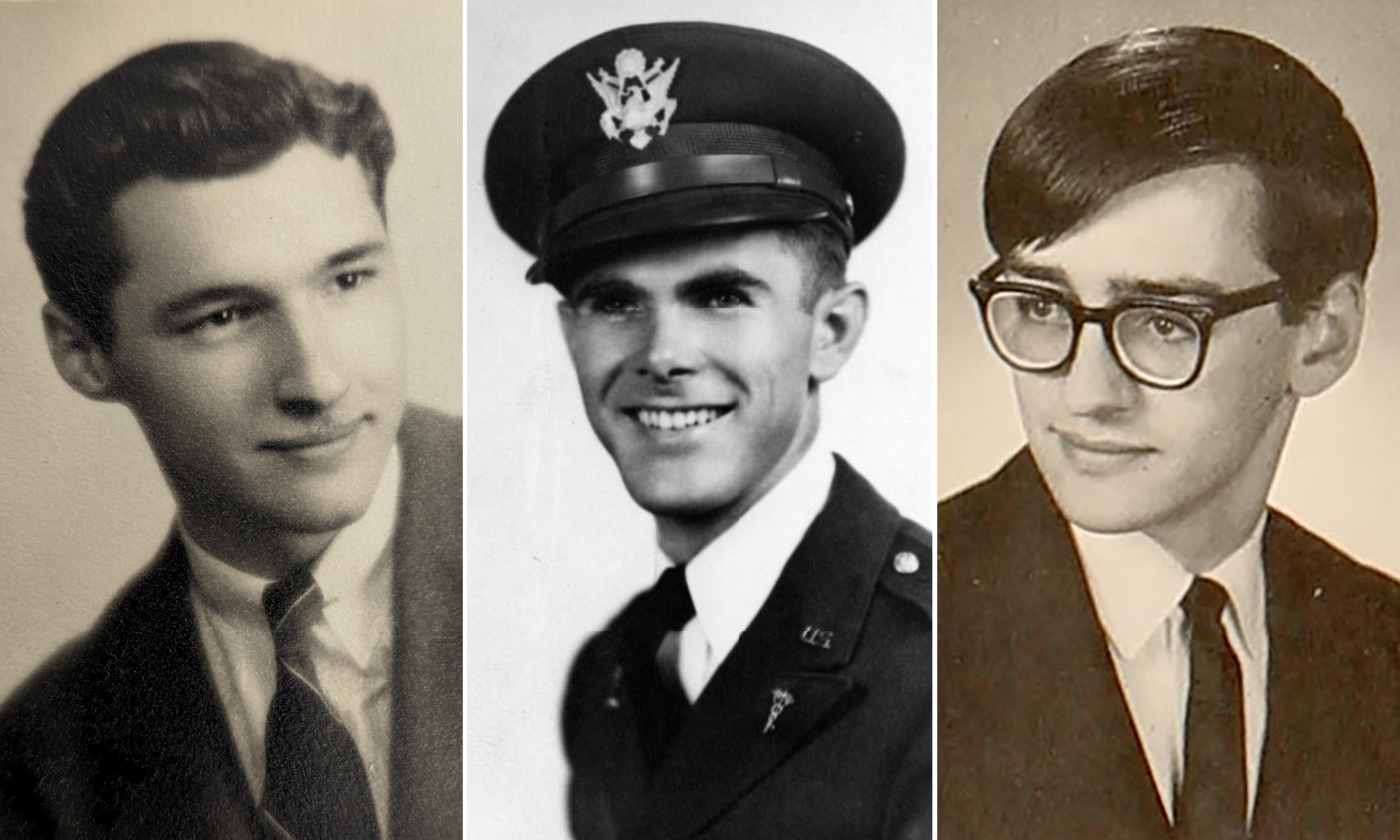Magic was in the air in Round Rock, Texas, on April 15 as the University of Rochester’s Quidditch team hoisted the US Quidditch Cup. The UR Thestrals, named for magical flying beasts that inhabit the literary world of Harry Potter, beat the University of Texas at Austin 100–90 to join Middlebury College as the only Northeast Region schools to win the national championship. Quidditch is growing increasingly popular on college campuses, with 87 teams competing in the annual event.
What is quidditch?
Quidditch was created by author J.K. Rowling as the most popular sport for wizards and witches in the world of her Harry Potter novels; but it has been adapted for non-magical folks.
In the Harry Potter books, six players ride flying broomsticks, trying to score points against their opposing team by tossing a quaffle (a volleyball-sized sphere) through hoops guarded by a “keeper.” Meanwhile, they must avoid enchanted “bludgers” (think of them as dodgeballs with minds of their own), while a seventh player tries to catch an elusive “golden snitch”—a golden ball with hummingbird-like wings, which much be caught in order to end the game.
Real-world quidditch is much the same—though instead of flying, athletes run, mounted on broomsticks, and the golden snitch is instead a neutral athlete. It is an all-gender, full-contact sport that can be described as a cross between dodgeball and rugby, with the physicality of hockey and soccer thrown in for good measure.
Mastering “every facet of the game”
“I’m so unbelievably proud of my team,” says club president Samantha (Sam) Dinga ’18, a psychology and public health double major from Lagrange, Kentucky. “We outplayed everyone’s expectations in every facet of the game.”
One of the highlights for the Thestrals was that every person on the roster played in the tournament. There were even all-freshmen lines at times. And, the team lets no player’s talents go to waste.
“At the tournament, people commented that we were one of the only teams to utilize our female players as well as we do,” Dinga says. “We trained so hard learning how to tackle hard, make plays, and out-strategize our opponents.”
This victory is especially sweet for Dinga and fellow seniors Perry Wang, Steven Belitzky, Basem Ashkar, Tim Kwan, Joe Kelley, and Morris Shayo, after having failed to qualify for nationals two years ago.
“We came back from that setback,” Dinga says, “We trained harder than ever, and showed the country and the world what UR quidditch is capable of.”



